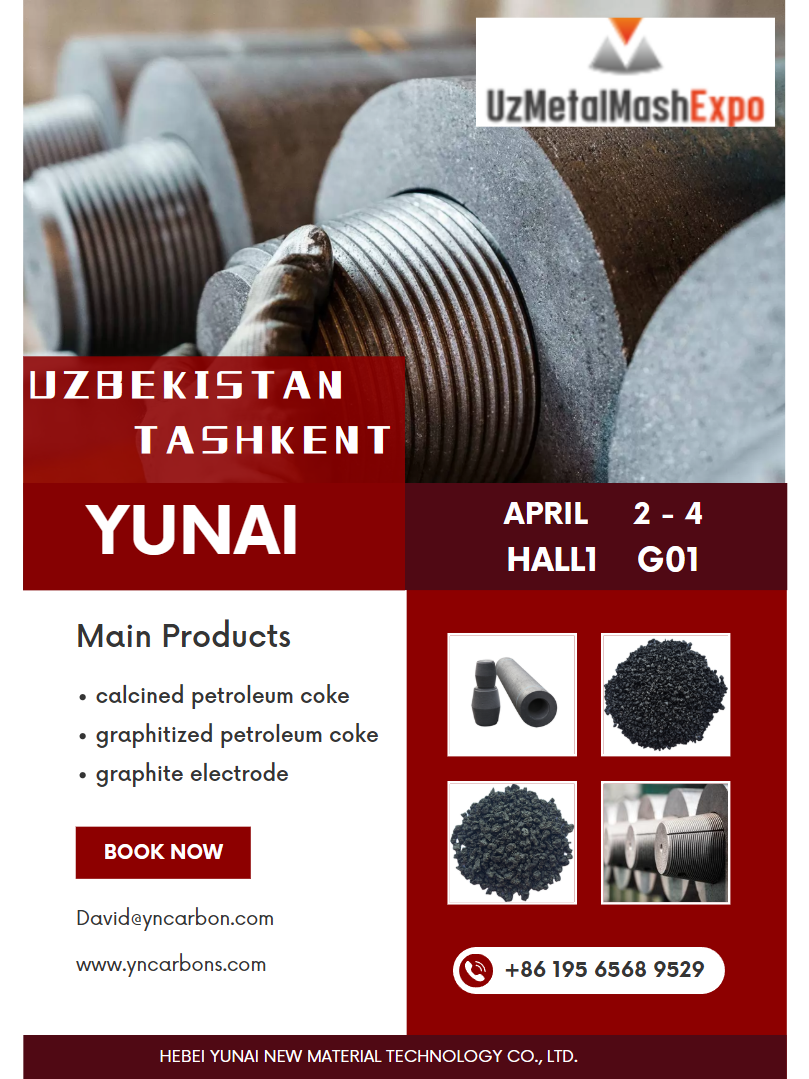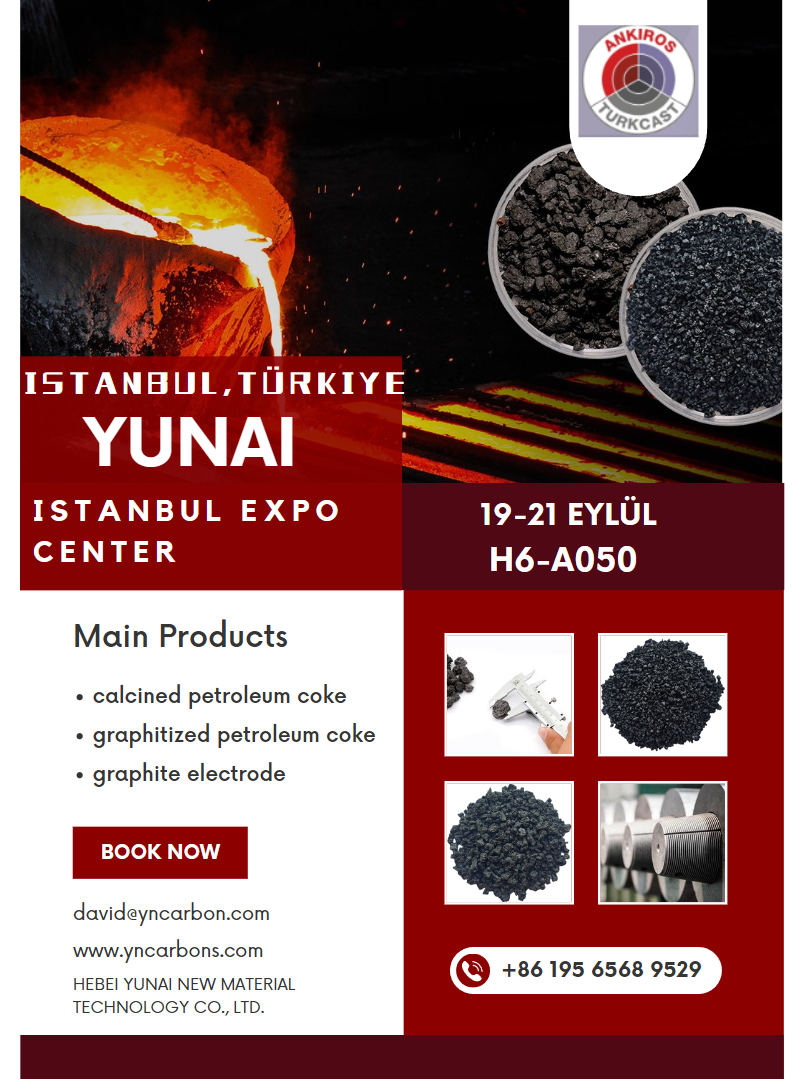Unlocking the Secrets of Calcined Petroleum Coke: A Game Changer in Global Trade
Release Time:
Jul 10,2025
Explore the significance of Calcined Petroleum Coke in international markets and its impact on exports.
What is Calcined Petroleum Coke?
Ever heard of Calcined Petroleum Coke? If you're in the industrial or energy sectors, this term might ring a bell. But for many, it’s like a hidden gem of the petroleum industry. Essentially, it’s a derivative of petroleum that’s been heated to high temperatures to remove volatile compounds. The result? A dense, carbon-rich material that’s crucial for various applications, especially in the production of aluminum, steel, and batteries.
Why Should We Care?
Now, let’s dive into why Calcined Petroleum Coke is making waves in global markets. First off, it’s a vital ingredient in creating anodes for aluminum production. With the demand for aluminum soaring—thanks to its lightweight properties and recyclability—this material is becoming increasingly important. And guess what? The export market for this product is booming, as countries scramble to secure their supply chains.
The Process of Calcination
So, how do we get from crude oil to Calcined Petroleum Coke? It all starts with a process known as calcination. This involves heating petroleum coke to temperatures above 1,000 degrees Celsius. Sounds intense, right? This process not only enhances the material's carbon content but also improves its electrical conductivity. All the while, it sheds off impurities, making it more efficient for industrial uses.
Applications Galore!
Calcined Petroleum Coke isn’t just a one-trick pony. Its applications are as diverse as they come. In the aluminum industry, it’s indispensable. In fact, around 80% of the calcined coke produced globally is used for aluminum anodes. But that’s not all! It’s also finding its way into the manufacturing of graphite electrodes, used in electric arc furnaces for steel production, and even in the production of lithium batteries. Who knew a byproduct could be so versatile?
Global Trade Dynamics
When we talk about the professional export of Calcined Petroleum Coke, we’re entering a realm of strategic partnerships and economic implications. Countries rich in petroleum reserves, like the United States and several Middle Eastern nations, are key players in this market. They export tons of this material to countries like China and India, where the demand is skyrocketing.
The Environmental Angle
Now, it wouldn’t be wise to ignore the elephant in the room—environmental concerns. The production and use of Calcined Petroleum Coke can lead to greenhouse gas emissions. However, advancements in technology are paving the way for cleaner production methods. Moreover, with the growing emphasis on recycling and sustainable practices, industries are exploring carbon capture technologies to reduce their carbon footprint. It’s a balancing act, but the future looks promising!
Challenges in the Market
Like any industry, the export of Calcined Petroleum Coke is not without its hiccups. Trade regulations, fluctuating prices of crude oil, and competition from alternative materials can make this a tricky business. Yet, for those who navigate these waters wisely, the rewards are plentiful. The key is to stay informed and adaptable.
Looking Ahead
As we look to the future, one thing is crystal clear: Calcined Petroleum Coke will continue to play a pivotal role in global trade. With ongoing innovations and a surge in demand for aluminum and steel, the prospects for this material are bright. So, whether you’re an industry insider or just a curious observer, keeping an eye on this dynamic market is well worth your time!
In Conclusion
Calcined Petroleum Coke is not just a technical term—it’s a cornerstone of modern industry, bridging gaps in supply chains and driving economies. So the next time you hear this term, remember its significance in the global market. Who knows? It might just spark a conversation about the future of energy and manufacturing!
Keywords:
More information







